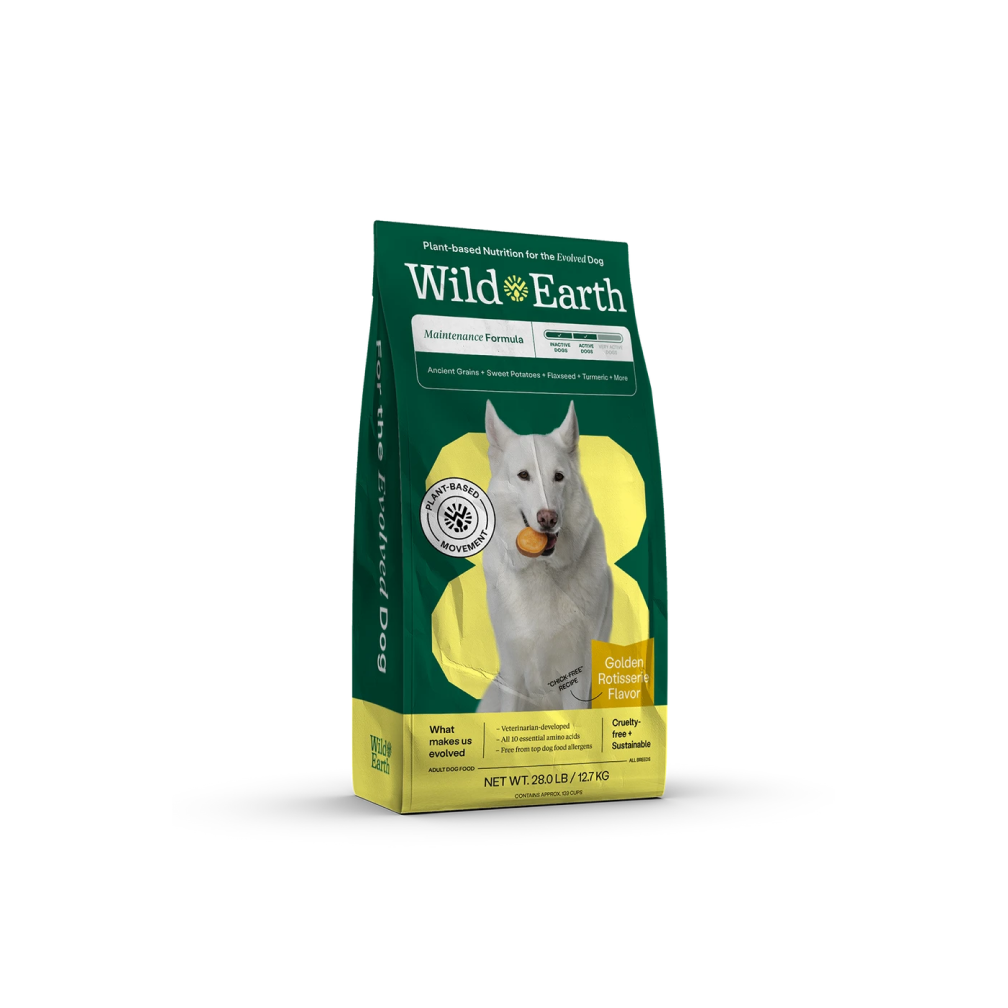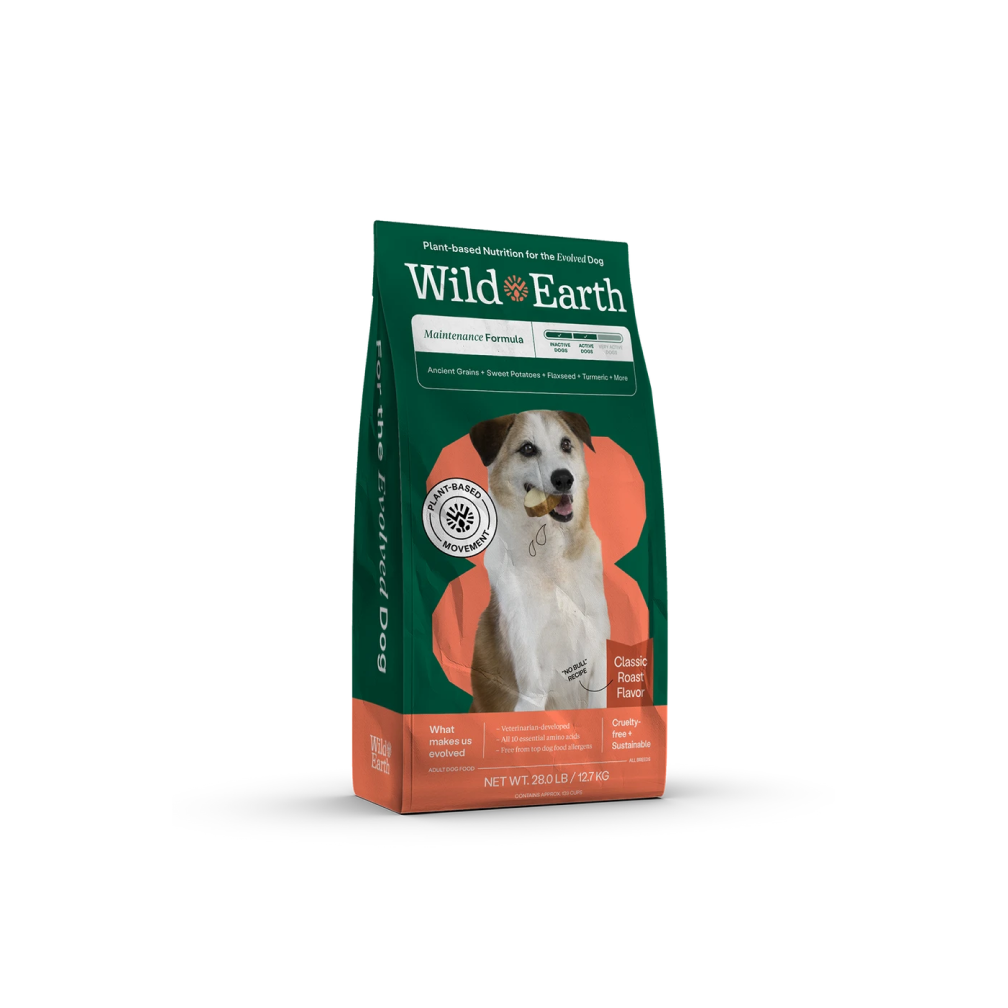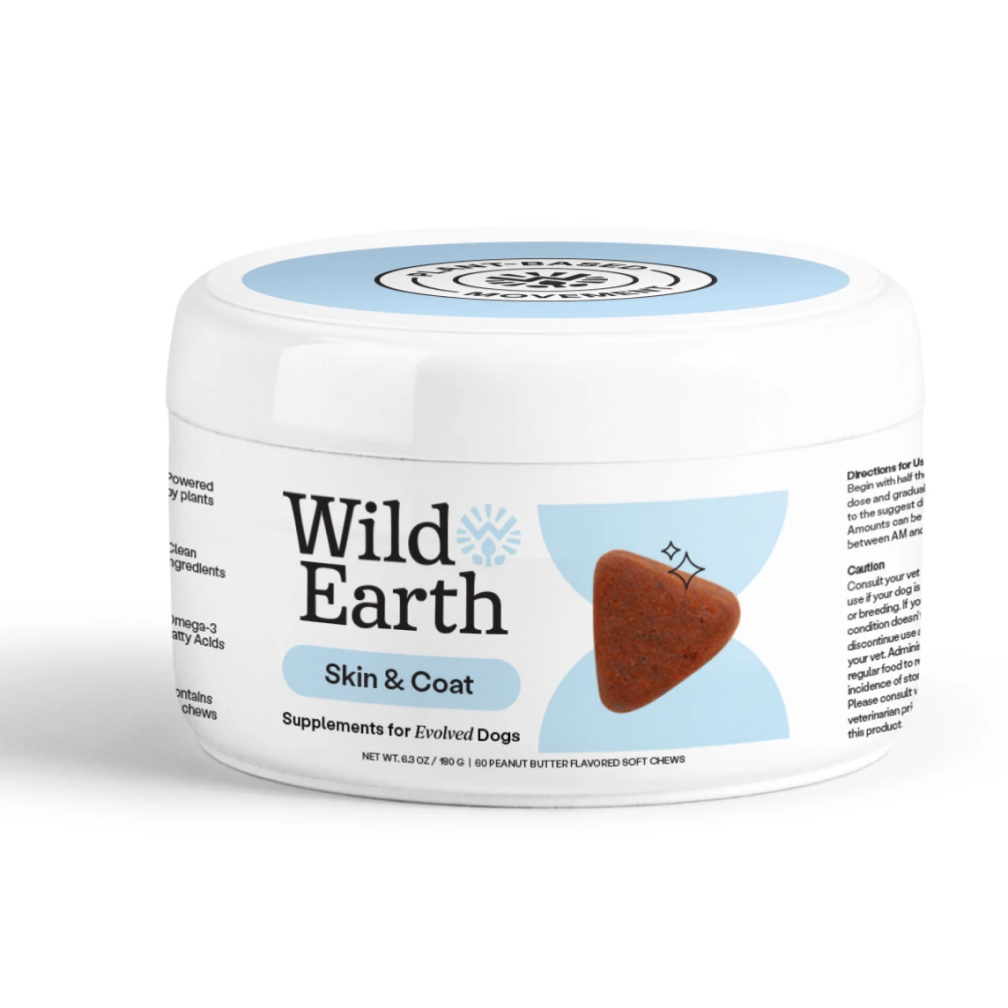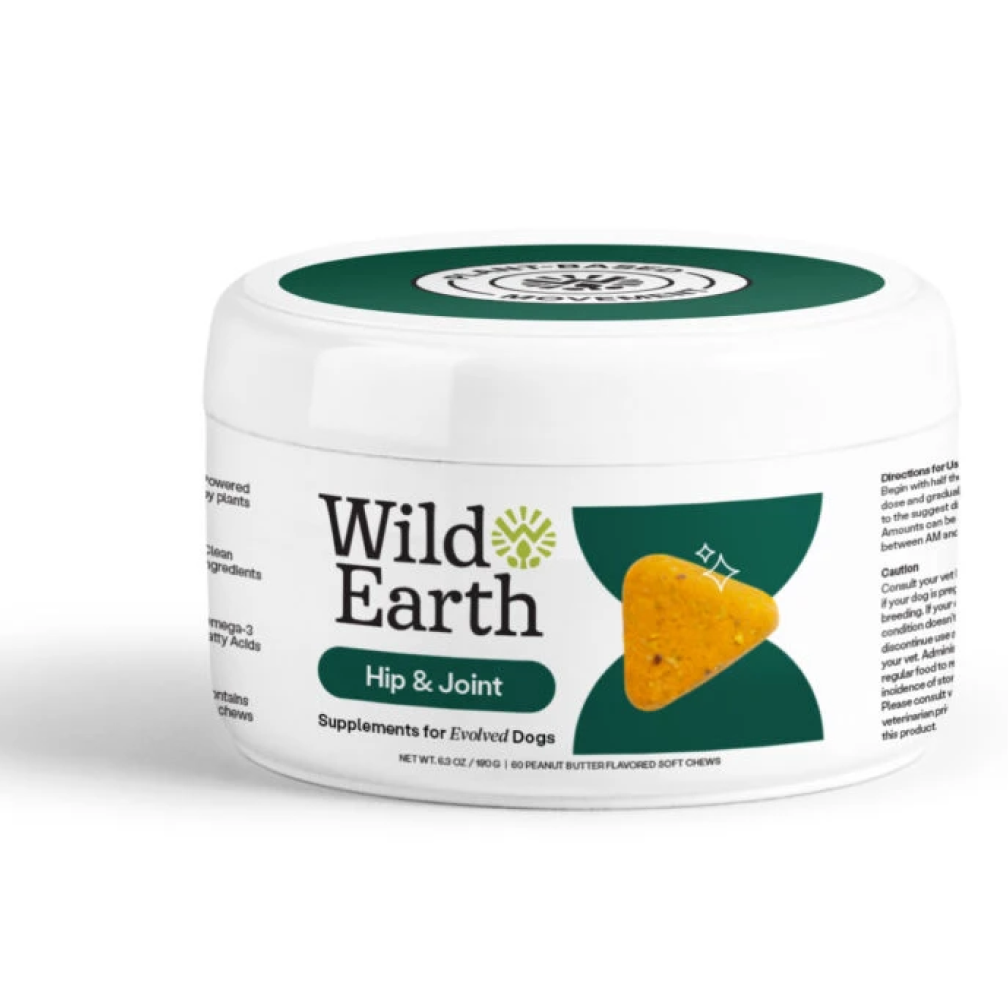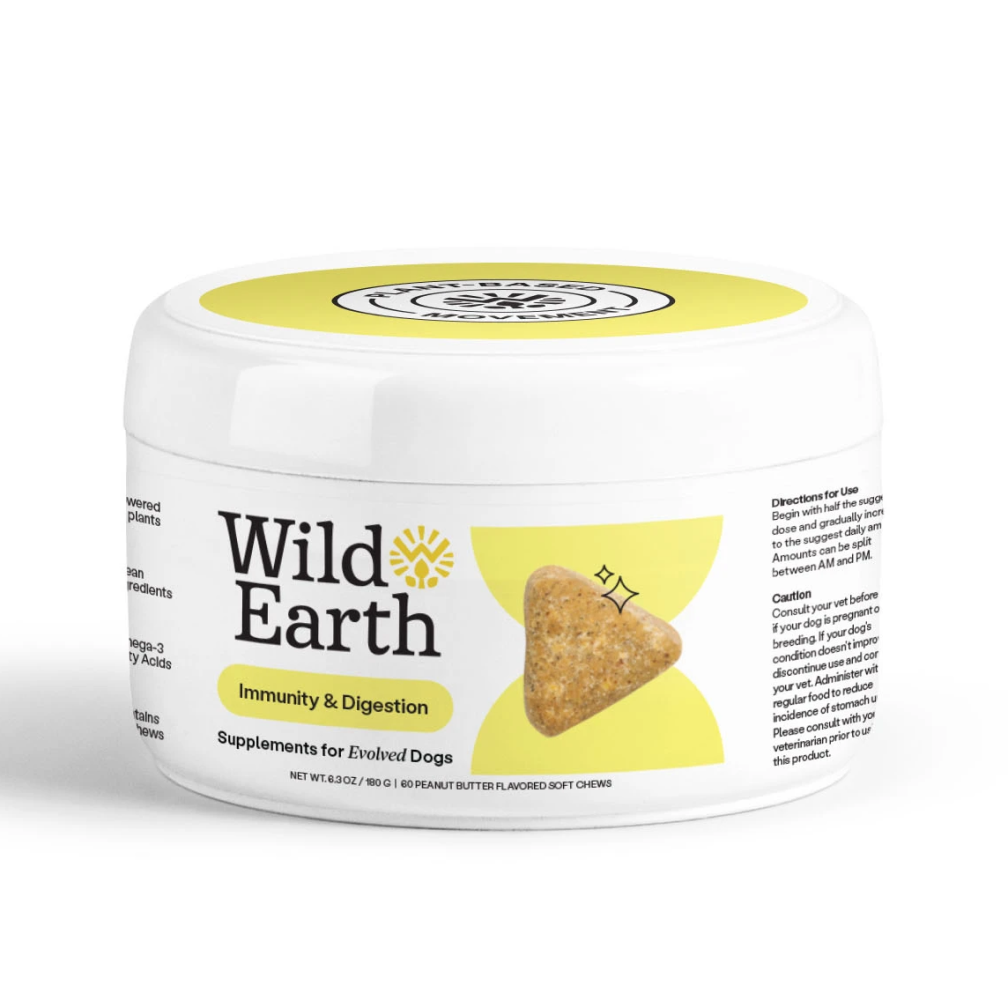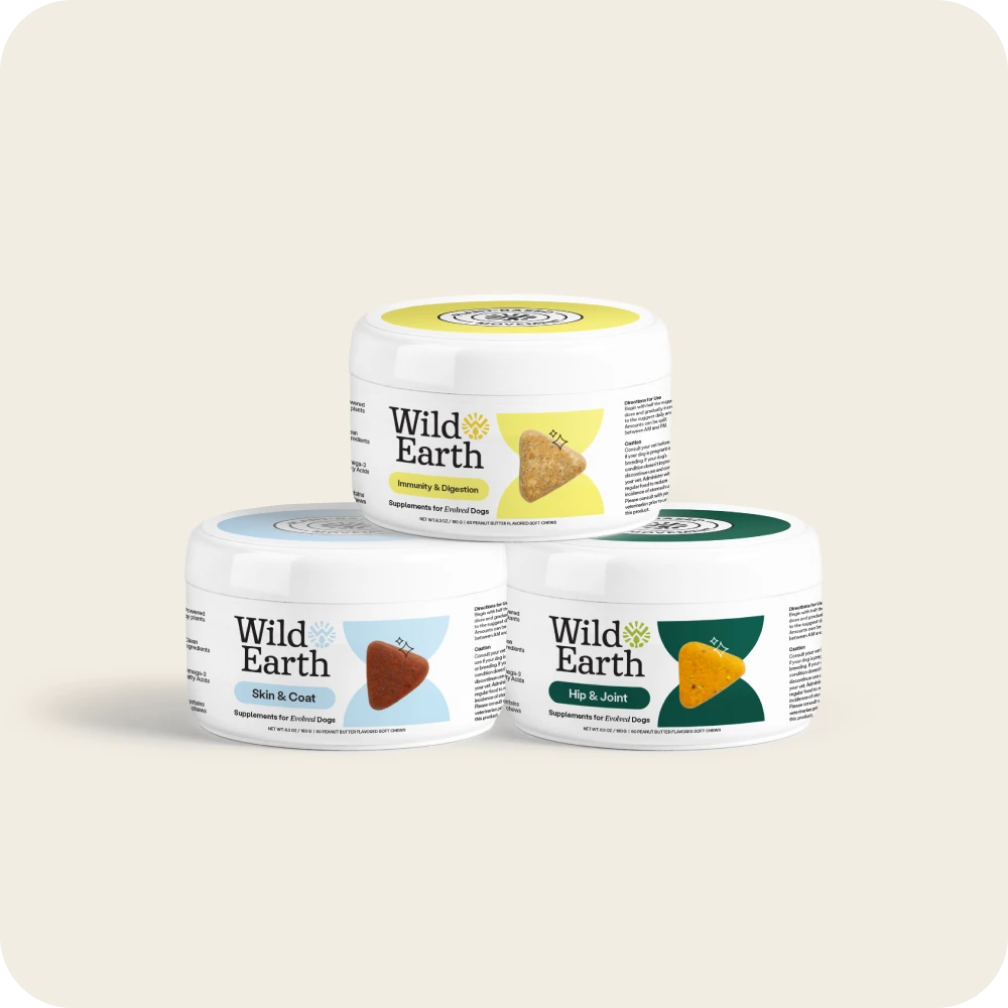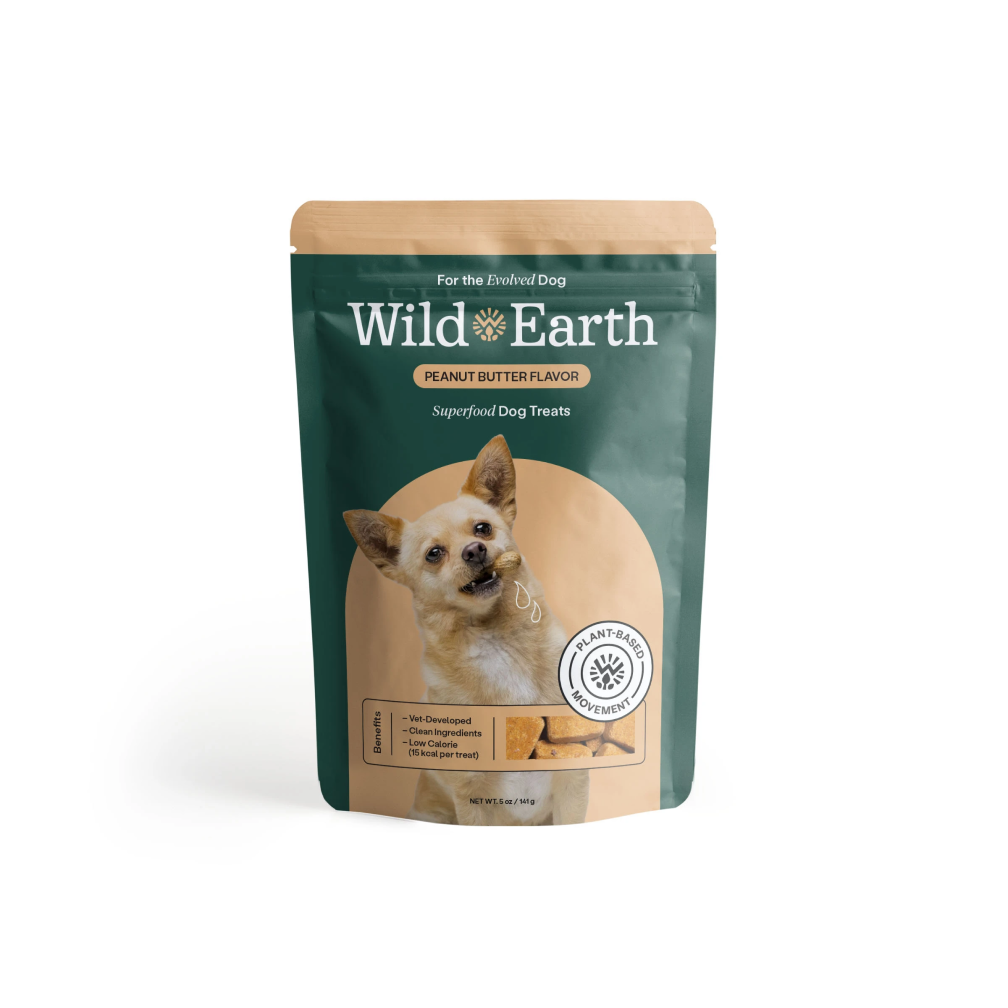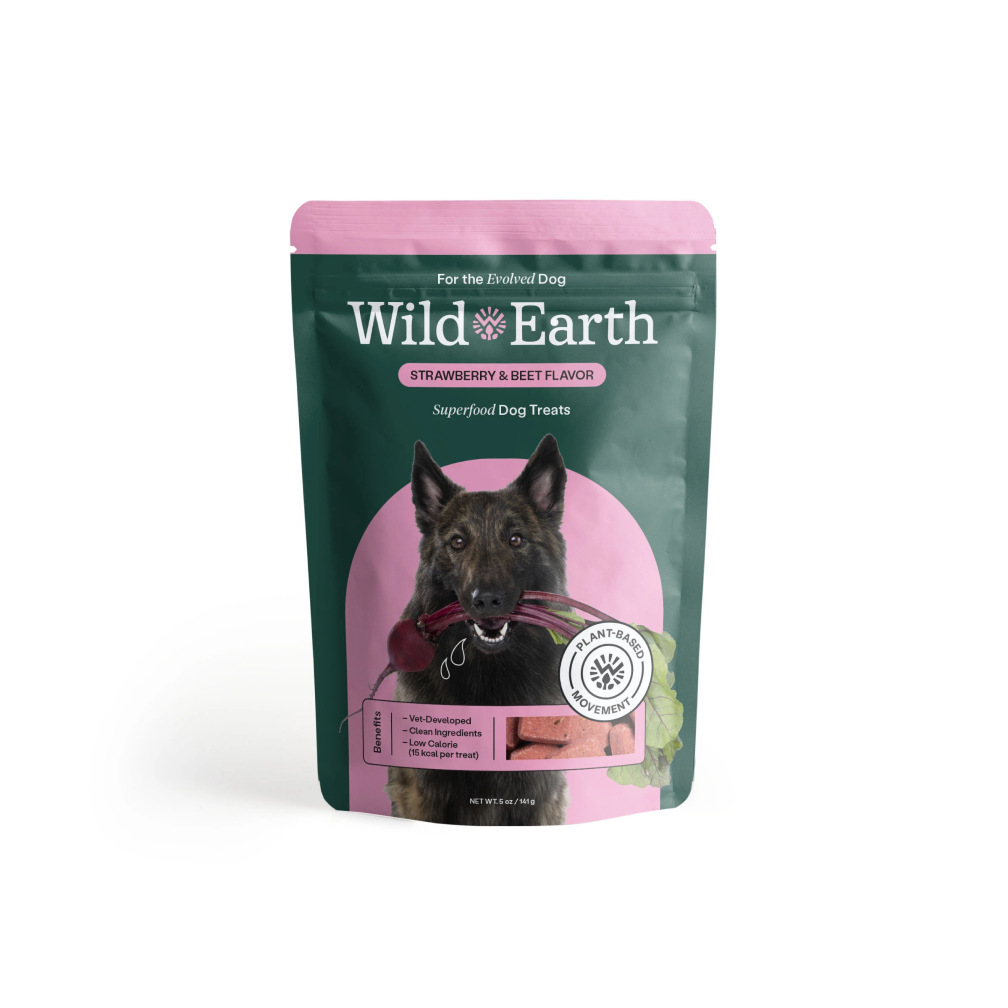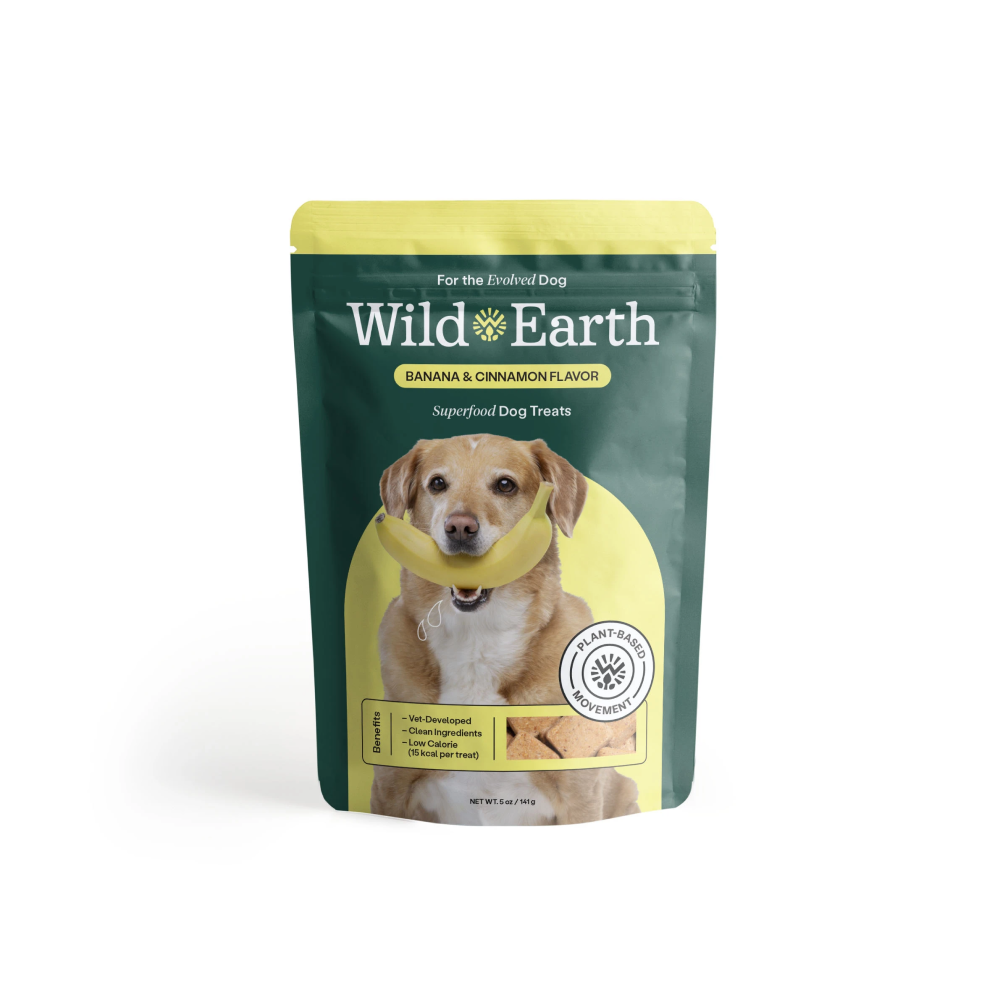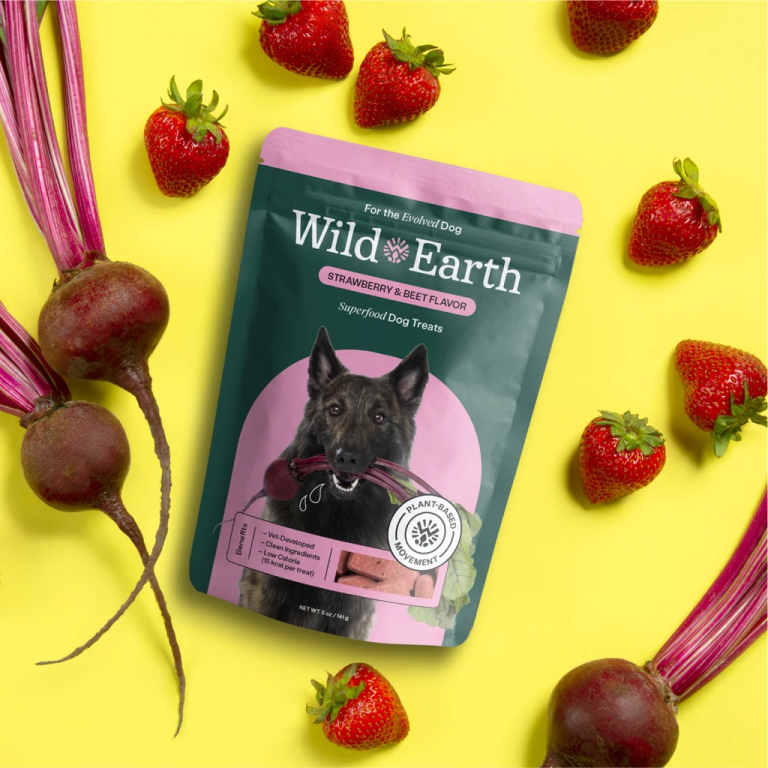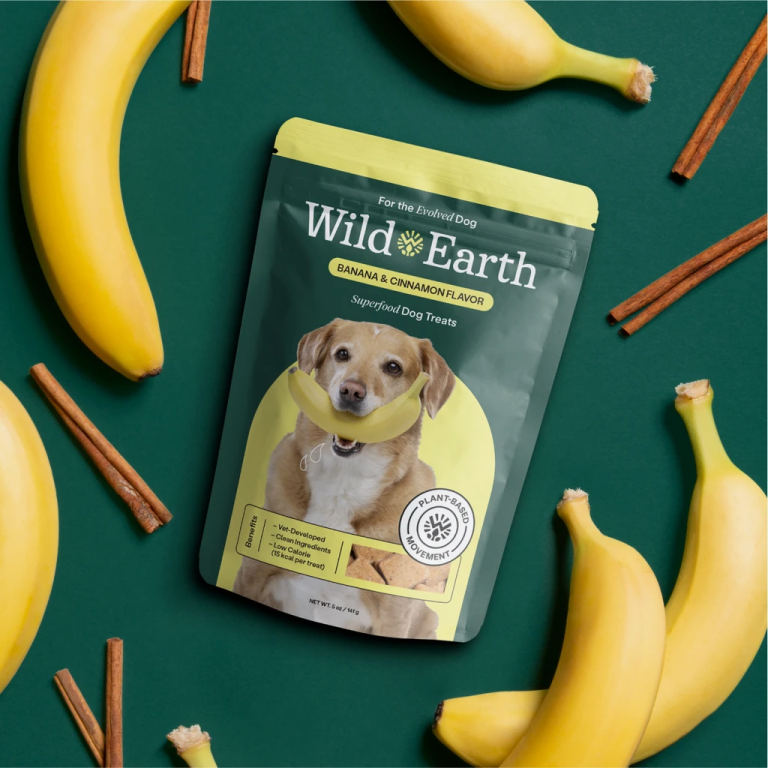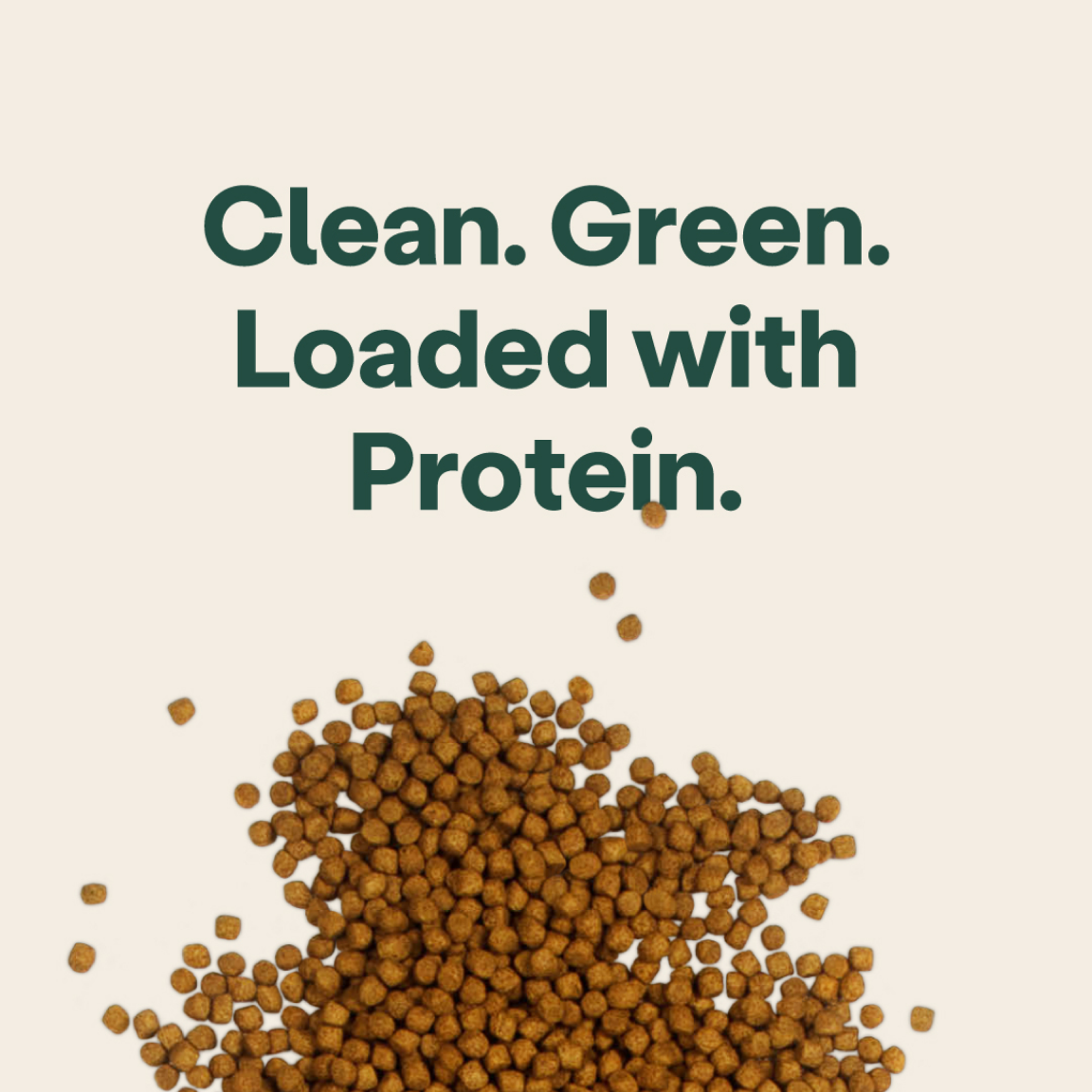Many people ask, can dogs eat cookies? The answer is both yes and no. It depends on how the cookies are made as well as the size of your dog. For instance, cookies that have raisins or chocolate chips in them will be harmful to a pet's digestive system which could lead to an upset stomach, vomiting, diarrhea, or worse. If cookies are left in a cookie jar for too long, they can become stale and hard. In this article we will talk about if dogs can safely eat cookies.
Can Dogs Eat Cookies?
Most cookies can be eaten by dogs. The exceptions are cookies containing harmful ingredients such as raisins, chocolate, or too much sugar. Many types of cookies have too much sugar for dogs to safely eat and other types of cookies have dangerous additional ingredients. This means you must be incredibly careful what type of cookies you let your dog eat. If you decide to give your dog cookies, make sure they are safe cookies for dogs and make sure they only receive them in very small amounts.
The Health Risks Of Giving Your Dog A Cookie
Dogs are big fans of cookies, in general Cookies may be unhealthy for dogs because they don't have the same nutritional value as a dog's regular food does. Depending on the type of cookies, you give them, how many cookies they eat, and what other foods or substances are in their system.
Whole cookies: whole cookies can be a choking hazard for dogs because they have small pieces that could get lodged in the throat. If your dog eats raw eggs with cookie dough ingredients (such as flour) those items together could cause food poisoning in a pet.
Large cookies: Dogs might not feel full after eating large cookies so it is possible to overeat if given too many treats at once. The risk of overloading on sugar also increases which may lead to diabetes down the road as well as weight gain and tooth decay from all the sugar around their teeth when you’re cleaning up crumbs.
The cookies may have the wrong ingredients for a dog to eat, such as chocolate or raisins which can be toxic and cause illness in dogs. Cookies are also high in fat and sugar content, so they're not good for your pup even if he doesn't get sick from them. Unless you want your dog's stomach upset by cookies that were meant for humans, it's best to keep cookies out of their reach!
If you want to give your pup cookies from time to time, it is best to stick with things like wheat flour or oatmeal cookies instead of frosted sugar cookies and chocolate chip cookies. The frosting and chips contain fats that can upset their stomachs if eaten in excess. If your pooch wants icing on the cake (or cookie), toss them an ice cube now and then! It will satisfy their craving without upsetting their tummy. You could also try giving your pup some fruit or vegetables dipped in yogurt as a healthy alternative.
Also, these types of cookies below are harmful to your dog:
- Cookies made of a lot of sugar which will make them sick if they eat too much.
- Cookies that contain chocolate (chocolate cookies are toxic to dogs because it contains poisonous theobromine)
- Cookies with raisins, currants, or other fruits and berries (the grapes and raisins in these cookies are toxic for pets)
- Any cookies containing xylitol as an ingredient. Xylitol is a sugar substitute used in many processed foods including baking products such as candy, gum, mints, and toothpaste. It's safe for humans but can be very dangerous if ingested by animals causing hypoglycemia leading to seizures or liver failure. A dog ingesting just one stick of chewing gum with xylitol could lead to coma and death within 24 hours.
Potential Health Benefits Of Cookies
The ingredients in cookies can vary which means that there may or may not be any potential health benefits of the cookies. Below are a few potential benefits.
- cookies are a delicious treat for dogs - cookies provide an excellent source of nutrients and essential vitamins which can help improve your dog's health.
- cookies do not offer any nutritional benefits to your pet, so it is best to limit the intake to one cookie per week or less. If you decide that cookies should be given as treats in moderation, make sure the cookies are healthy ones like peanut butter omega paw baked chews (without chocolate).
- cookies are a good source of protein and carbohydrates. Cookies can also provide fiber, calcium, vitamin D, and B vitamins such as folate. cookies for dogs have less fat than many other cookies because they contain smaller amounts of butter or oil; however, cookies remain high in sugar content so only offer your dog small pieces at one time.
- cookies help to control itchiness from fleas which are common among dogs with allergies to food items like beef, soybeans, and wheat gluten proteins. However, too much sugar may cause skin irritation on your pet due to its sensitive nature.
How To Serve Cookies To Your Dog
- whole cookies (make sure they are soft and fresh)
- broken cookies that have been ground up into flour or mixed with other food, such as peanut butter or canned dog food. This will make for a "cookie dough" of sorts
- cookie crumbs sprinkled on top of their favorite meals like breakfast cereal, wet dog food, and kibble; this is an especially good way to get your picky eater who won't eat anything else interested in trying new flavors.
- cookies with cut-up or mashed vegetables mixed in, such as carrots, zucchini, and squash. This is a great way to get the fiber your dog needs while also adding some flavor!
- cookies should not be too hard or crunchy, as dogs have different teeth than humans. If you can chew it easily then your dog probably shouldn't either!
Other Related Dog Articles








